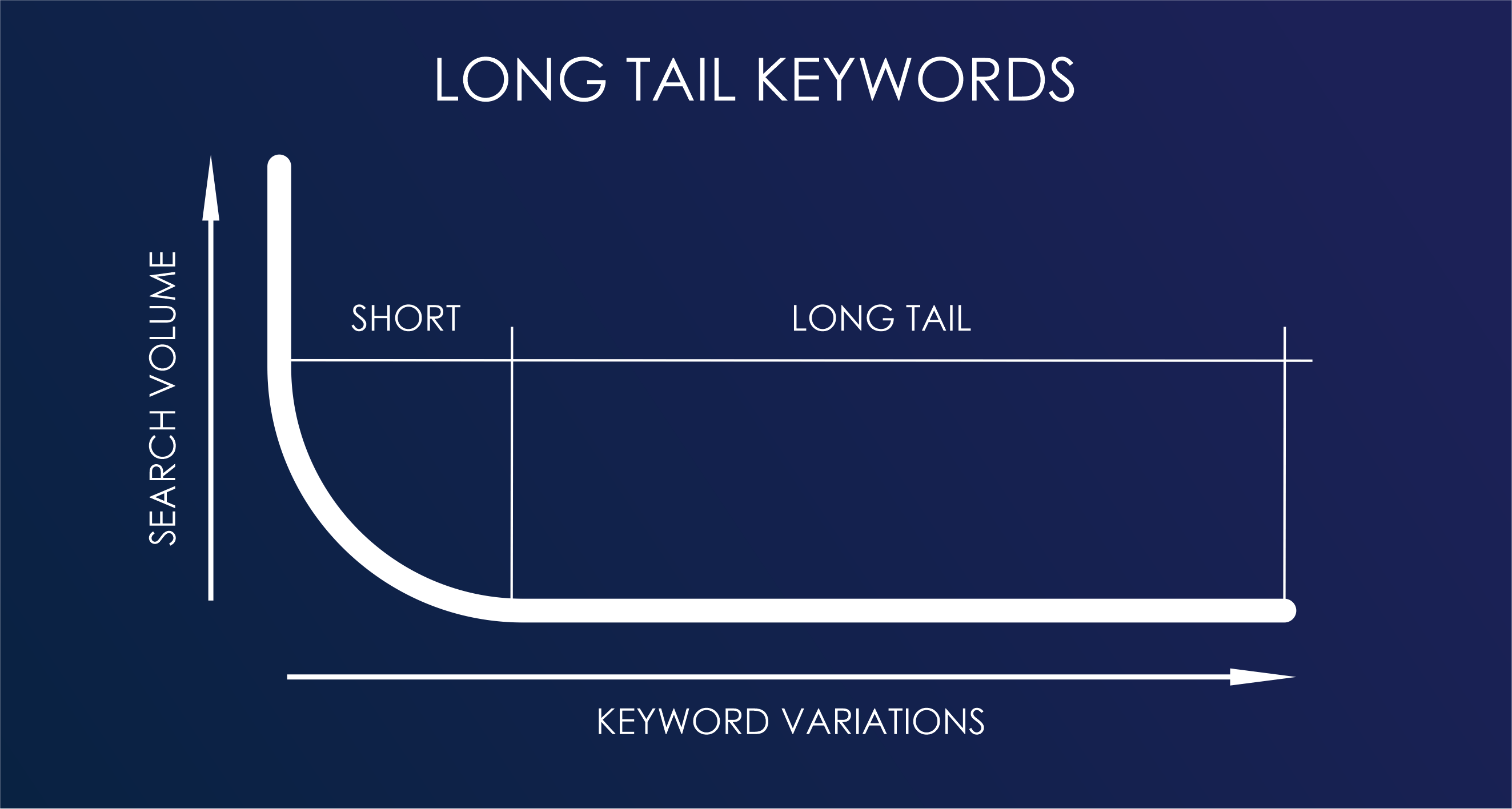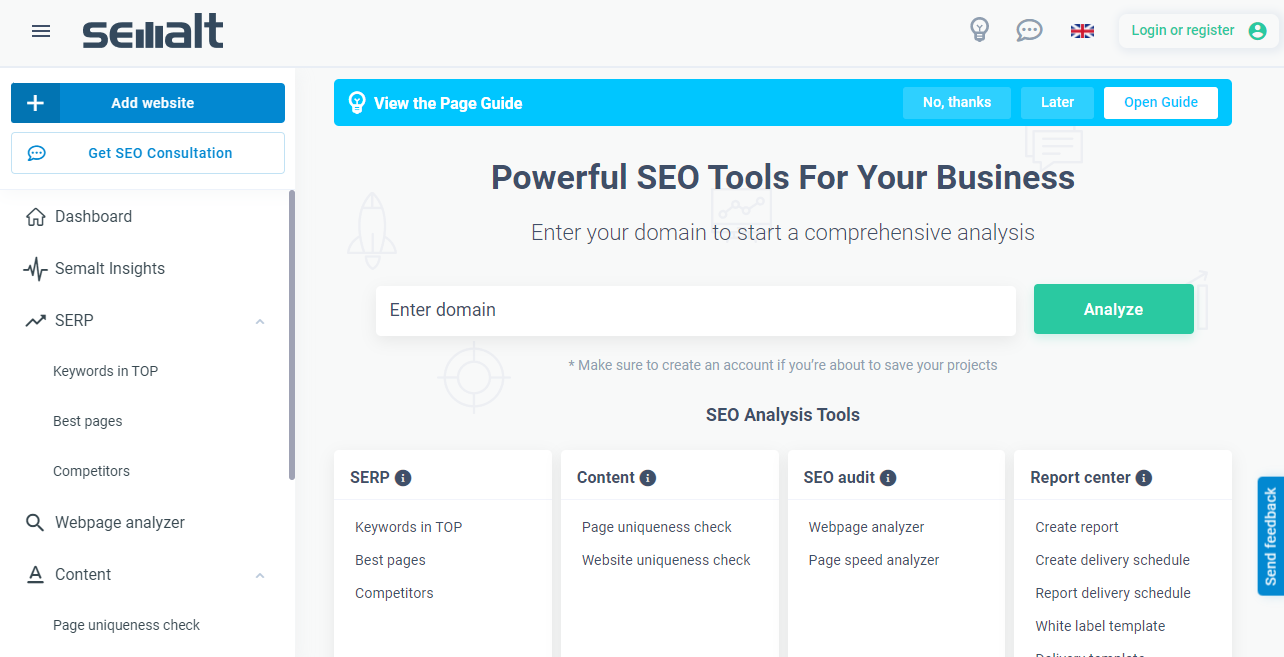Semalt: Voice Search And SEO In 2022

Nowadays, voice search has become a really powerful tool in the hands of marketers and SEO workers, and according to predictions, by 2025 it will become the most popular search method. Time is running out - what can you do to make your website appear in response to voice search queries?
Voice Search and SEO - what optimizations should you take care of?
How to appear on Google for Voice Search queries? Here are 3 features of voice search:
- it contains natural and long phrases (often in the form of questions);
- Voice search applies to local results;
- VS users expect results immediately.
Based on these 3 tips, you can come up with an optimization plan that you can later implement to your site to appear in voice search results. What should you do?
Improve the page loading speed in the mobile version

Since Google's voice search works on mobile devices, a website with poor page load speed in the mobile version has no chance of ranking well. Such an improvement is always in your favour, but when it comes to voice search, it is particularly crucial. You can check the loading speed with tools such as the Semalt DSD demo Tool. If your website is loading slowly, these tools will tell you what to change. In light of the Core Web Vitals update, this is even more of a priority.
Take care of UX in the mobile version
If your page is unreadable on the mobile version (although, in theory, it is responsive), users will exit quickly, even if the Google Assistant shows them the first result. The Google mobile optimization test will allow you to check whether the website is adapted to use on smartphones and tablets, but only a well-conducted UX audit combined with data analysis from tools such as the Dedicated SEO Dashboard or Google Analytics will give you a clear answer about the advantages and disadvantages of given solutions.
Optimize your content for featured snippets
Featured snippets are Google's featured responses that appear directly in the search results. These are called "Position 0", which can take the form of direct answers. It does not generate stunning traffic for the website (although it increases brand recognition), because it limits visits to the website. The user spends more time at the search engine level, and this is where he most often finds the answer to his question. However, it is very helpful for users, especially during mobile searches.
Use natural-sounding long-tail phrases

Inquiries introduced by voice are of course, speech, so they sound natural, can be long, and above all shall be colloquial and have the form of full sentences. So if you want to optimize your website for voice search, make sure that the texts on it contain long-tail phrases, questions, and - equally important - answers. Do not deceive your users with deceptive titles by not giving them the right answer. This will only increase the bounce rate on your website as well as the irritation of the readers.
Order structured data on the page
Schema, i.e. structured data, allows you to rank information on your website. Thanks to them, the content is better interpreted by Google and may appear in search results as featured snippets.
Fine-tune your Google My Business profile
A large proportion of mobile searches consist of local queries. They are sometimes constructed, for example, in this way "bakery near me", "florist in London", "where to have breakfast in Paris", etc... To be displayed in response to these queries, you need to optimize your Google My Business listing. A natural placement on the website - for example, in the "Contact" tab - of detailed information about your location will also work well.
Introduce and expand the FAQ section on the website
Since Voice searches are mostly questions, it is worth creating and expanding the section with the most frequently asked ones on the website. Thanks to this, your users will efficiently find information on topics that interest them.
A page with an extensive help section, on the one hand, will make it easier for you to communicate with users, and on the other hand, it will be a way to naturally introduce many phrases structured like questions. Remember that you might as well use the FAQ at the end of your blog articles!
Publish articles on your blog that are suitable for viewing on mobile devices
It has been known for a long time that users on the Internet do not read, but watch, browse and scan content. What does this mean for you? First of all, you should complete the content with infographics, checklists, summaries - all this can be displayed during Voice Search. The content on your website must be structured in such a way as to immediately answer the questions posed in the title or lead. Except that:
- write simply and legibly;
- build a clear structure of the article thanks to headings;
- use distinctions;
- graphically mark quotes.
Put Call to Action in the meta description
Even if you do not appear in the first position in voice search results, and you are in the TOP 10, you can attract users to your website. How? Including in the meta description an attractive CTA that can sometimes do more than key phrases. A good meta description is one that will not only show the user what he / she will find on the page, but also tell him / her why the given search result is so important.
Why is it worth optimizing the website for voice search?
Optimizing the website for Voice Search gives you benefits such as:
- increasing the visibility for searches on mobile devices;
- better visibility of the website in local results;
- the ability to display the page as a direct answer;
- increasing the number of longtail and natural-sounding phrases on which the page is displayed;
- increase accessibility for people with disabilities - the blind, visually impaired, and people with hand paresis;
- to prepare you in time, in the way you use the web, for the changes that are fast approaching.
How many people are using Voice Search?

The age of screens seems to be coming to an end, and the practical and innovative voice search is gaining in popularity every year. The number of people using voice assistants (such as Google Assistant) is increasing drastically. In 2020, it was already over 4.2 billion, and Statista's 2021 forecast indicates that by 2024, this number is expected to double. All of this is reshaping the way we use the internet and points to where e-commerce and all internet-based businesses should be heading. It seems that voice search is the future of the web, and thus - Voice Search SEO as well.
Voice search and positioning - summary
In short - a website adapted to voice search has:
- Short loading times
- Readable mobile version
- Content optimized for direct responses in SERPs
- Natural and long keyphrases
- Structured data entered (schema)
- An extensive Google My Business listing
- A FAQ section included
- Blog articles adapted to be viewed on mobile
- CTA in meta descriptions
FAQ
What is Voice Search?
Voice search is the use of an Internet search engine by voice. It is done through voice assistants such as Google Assistant, Siri, Alexa or Cortana. It allows you to start a session in the browser without having to type sentences and use the screen.
According to forecasts and statistics, voice queries are not a temporary trend, but an activity creating new ways of using the internet.
What will change voice search in SEO?
Voice search mainly influences the construction of queries by users and vice versa (users using Google voice search teach the assistant to understand them better).
Constructing queries as questions affects voice search and keyword selection for pages. Except:
- It can be predicted that as the popularity of the Google Assistant grows, search language will evolve into a natural language similar to the way we talk about things in everyday life.
- Voice search will also significantly increase your "0" positions and direct responses, as well as the phrases that match your local search.
How many people are using Voice Search?
According to data from 2021, over 3 billion people use voice search functionalities. It is worth noting that the number of all network users is estimated at 4.5 billion - Voice Search users are almost ¾ of them.
